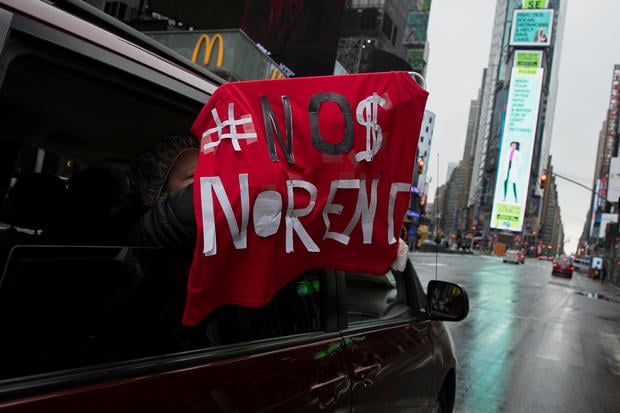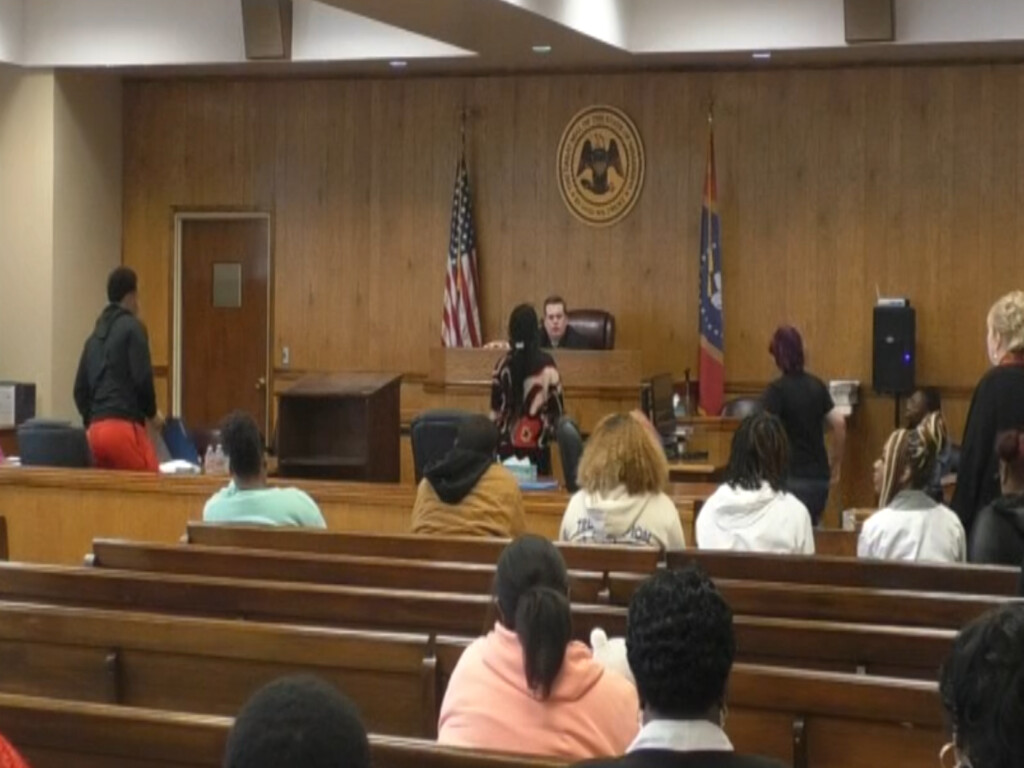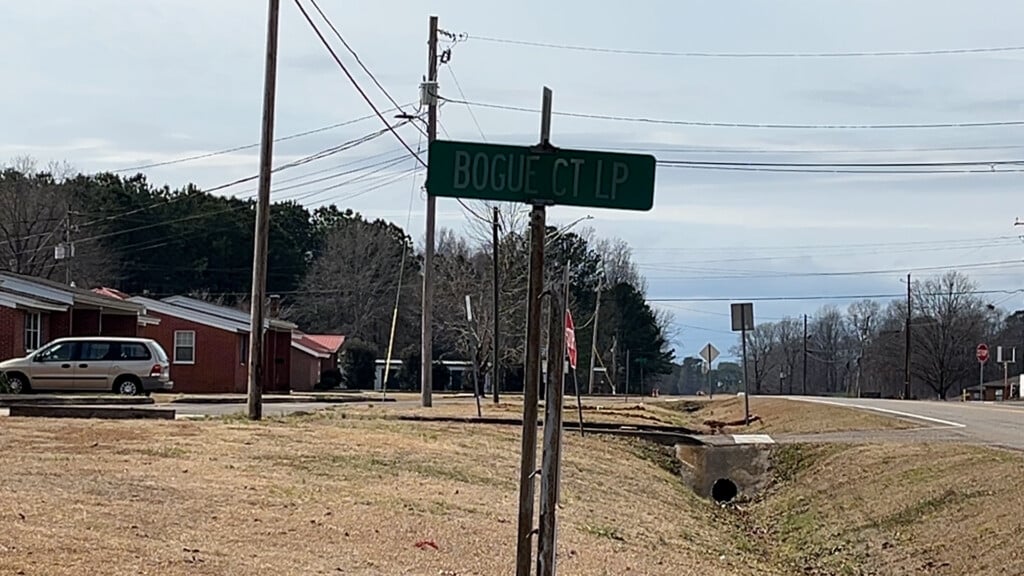Growing number of Americans say: We're not paying the rent
Thousands of people around the U.S. are calling for politicians to cancel rent and mortgages, with temporary legal restrictions on evictions set to expire in many states in a matter of weeks.
“Can’t pay in May? Don’t pay May,” was the message sent out by an Oakland, California, tenants’ group on 50,000 postcards. In New York state, 15,000 residents in apartments and other housing have pledged to not pay their rent on May 1, according to organizers of the protest. In Los Angeles, strikers are rallying near City Hall to demand that local officials suspend rent, mortgage and utility payments.
“I’ve been practicing law for over 40 years and I’ve never seen something like this,” said Andrew Scherer, a housing lawyer and the former head of Legal Services NYC, a non-profit group that offers legal aid to low-income people. “This is a very unusual occurrence — having a fairly large group of people saying, ‘Something’s got to give here.'”
The pressure is even getting to landlords. “With the rhetoric that’s going on with this potential rent strike, I am very concerned,” a major New York real estate developer told Crain’s New York Business this week.
No ordinary strike
Unlike more typical rent strikes, where tenants who can pay rent withhold it over specific demands, the emerging movement is broader and driven by a more basic need — people don’t have the money. One-third of renters didn’t pay rent on time in April, and half said they couldn’t fully pay it in May, according to a survey by several real estate companies.
Those hardships come as a growing number of homeowners skip their mortgage payments. Nearly 4 million people, or just over 7% of mortgage holders, have sought relief on their home loans as of April 30, according to housing data provider Black Knight. That’s up sharply from the beginning of March, when fewer than 150,000 mortgages were in forbearance.
In Los Angeles, Daniel Garcia, a 42-year old taco vendor, has been out of work since the city effectively shut down food vendors in early March. In April, he told his landlord he couldn’t pay the $1,500 rent on the one-bedroom apartment he shares with his wife and 10-year-old daughter.
“I’ve never stopped paying my rent before,” Garcia said. “Working, and paying, was my support. I live day to day.” He’s looked for other work, he said, but hasn’t been able to find any. “The little money that I had is gone, and I don’t know what to do.”
More than half of Los Angeles residents have lost their livelihoods, according to a study last week from the University of Southern California.
“What do I do?”
“Starting at the beginning of the lockdown, our hotline changed over from everyday New York harassment, to all about, ‘I can’t pay my rent, my roommates left, what do I do?'” said Andrea Shapiro, director of program and advocacy at the Met Council on Housing, a tenants’ rights group in New York City.
Since the state went on , the group’s call volume has nearly doubled, with up to 40 tenants per day phoning in with rent issues, Shapiro said.
“I wish we could say we thought of this,” she added. “In some way, it’s the opposite of doing a call for a rent strike. The public is saying, ‘This is what we’re doing.’ And we desperately try to catch up and get lawyers involved.”
Little help for housing
Congress’ four financial rescue packages so far this year have provided funding to businesses large and small, enhanced jobless benefits for the newly unemployed, and offered cash grants to U.S. citizens. Glaringly, however, lawmakers have yet offer help to the nation’s 108 million renters.
“People simply can’t pay, and there’s support and solidarity for a broad policy change,” Scherer, the housing attorney, said.
“When people go back to work, they’re not getting back pay, but they still have back rent.” said Carroll Fife, director of the Oakland office for the Alliance of Californians for Community Empowerment. “In California, the rent was already too high. The governor passing a stay on evictions [now] allows those evictions to happen in June. It doesn’t make sense.”
The group is working with the residents of about 30 buildings in the Oakland area who are withholding rent for May, Fife said.
Many housing advocates support the Rent and Mortgage Cancellation Act, a proposed bill introduced in April by Rep. Ilhan Omar of Minnesota that would suspend rent and mortgage payments. They also say governors have authority to suspend payments under their broad powers to deal with public emergencies.
“The COVID-19 pandemic has affected us economically. This feels like a really special circumstance, when the government has a role to step in and provide relief for the larger public,” Xiu Kang Chen, who lives on New York’s Lower East Side, said via a translator with CAAAV, a community group.
Chen, 69, is a restaurant worker and has been active in his building for the two decades he’s lived there. But he said this was his first time going on rent strike.
A public health issue
While more than half of U.S. states have suspended or delayed evictions, legal experts consider this is a temporary fix.
“None of these moratoriums relieve a tenant of the obligation to pay rent,” said Emily Benfer, a professor at Columbia University Law School who has been tracking state actions around evictions. Some freezes on eviction filings, such as in Alabama and Oklahoma, expired this week, while many more are set to expire by mid-May.
“They really were stopgap measures,” said Benfer, who studies the impact of housing on public health. Unless states put more money toward housing, including support for renters and people with mortgages, the fallout from the pandemic could haunt them for years, she said.
“Just as the pandemic curve is flattening, we will see the spike of the housing crisis and the health consequences that follow,” Benfer said. “If we don’t intervene now from a housing perspective, we know that the entire community will be affected.”
Indeed, some renters see a strike as a prudent response to a health emergency. Vanessa Del Campo Chacon, a tenant in Minneapolis, told CBS MoneyWatch that all 38 tenants in her Minneapolis building unanimously decided to withhold rent for April and May.
“Most of our community isn’t working right now. That’s why we decided not to pay rent,” she said. “The simple act of being in a health emergency has opened our eyes to the needs we have now and the needs we might have in the future.”
Del Campo Chacon herself ran a childcare service in her house before the pandemic, but doing so now would jeopardize the four family members she lives with.
“It was healthful decision for everybody,” she said, “and it gives us a little bit of hope.”






Leave a Reply